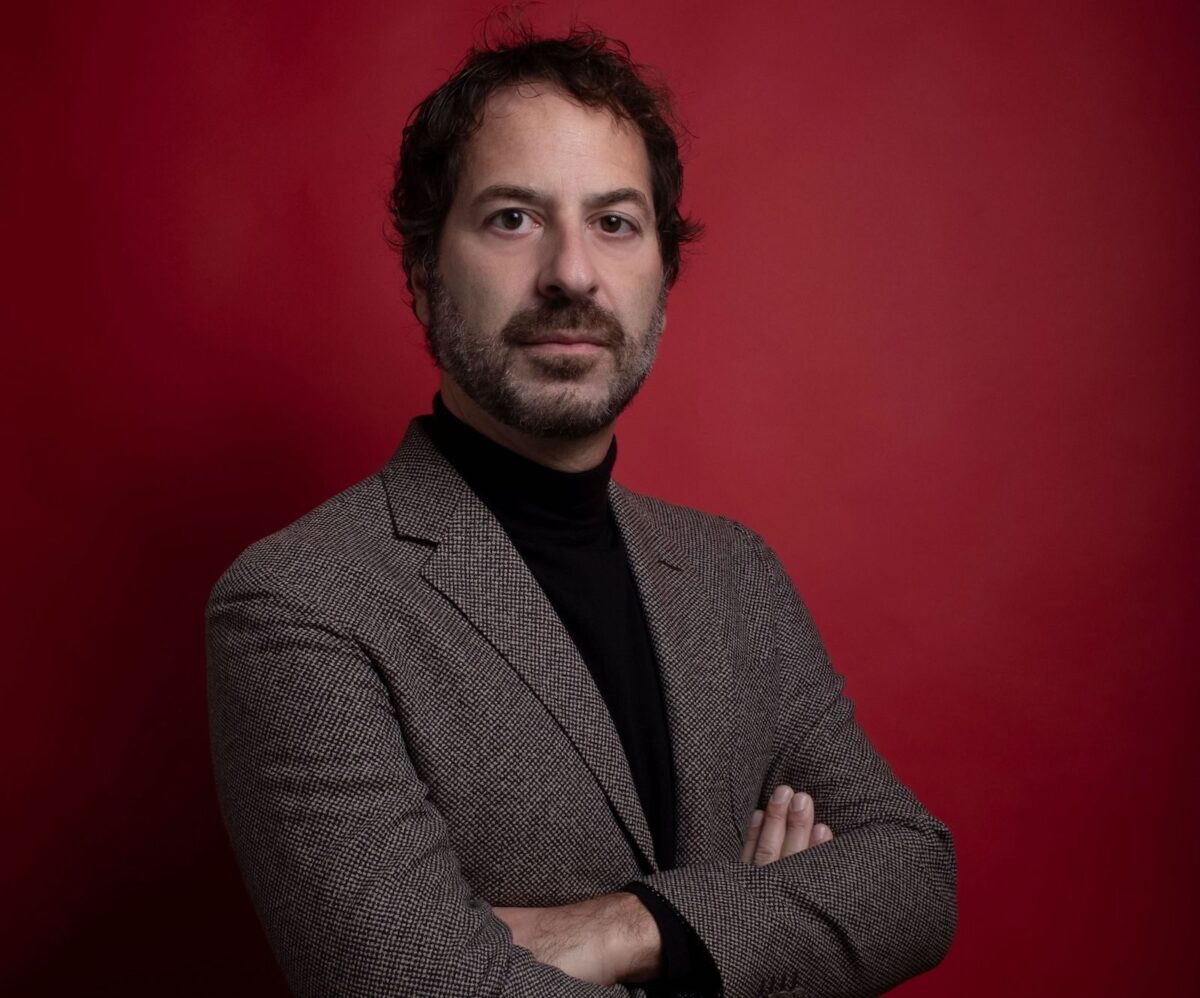Dr Gabriele Valentini from Italy is the recipient of the 2025 ASVO Viticulture Paper of the Year. It is part of annual awards in which the ASVO selects the most impactful research papers in the Australian Journal of Grape and Wine Research, published by the Australian Society of Viticulture and Oenology.
His paper is entitled, ‘Optimising Viticulture Sustainability Through Foliar Zeolite Treatments: An In-Depth Analysis of Their Impact on Gas Exchange, Yield and the Composition of Sangiovese Grapes and Wine.’
It introduces a natural and sustainable strategy to counteract the increasing thermal, water and light stresses impacting Mediterranean vineyards.
The research aims to mitigate the adverse effects of hot and dry summers, which often compromise canopy function, photosynthesis and, ultimately, berry composition and wine quality.
The conclusions highlight the promising role of zeolite-based foliar treatments as sustainable tools to enhance vineyard resilience and maintain high wine quality under a changing climate scenario.
Overall, the potential benefits of applying this research in the industry make it one of the most significant papers among this year’s submissions.
As one judge noted: “Given climate change issues facing all winegrowing regions, this paper provides potential new management tools to combat warming conditions in vineyards; especially important for key cool climate regions.”
The core objective of the research was to assess whether reduced supplementary irrigation can sustain wine quality.
It evaluates both grape quality at time of harvest as well as the final wine parameters.
One judge noted, “I particularly commend the decision to use an untrained tasting panel.
“Initially, I believed a trained panel would be more appropriate.
“However, upon reflection, incorporating the preferences of everyday consumers is highly relevant in today’s wine market.
“Their perceptions may hold greater significance than the technical assessments of trained winemakers.
“This is especially pertinent given the notable decline in wine consumption in Australia (and across Europe), making it essential to understand and respond to consumer preferences.”
Dr Camila Ribalta-Pizarro is a researcher in the Department of Evolutionary Biology, Ecology and Environmental Sciences at the University of Barcelona in Spain.
The 2025 Dr Peter May Award goes to Dr Da-Long Guo who is the author of the most cited paper published in the Australian Journal for Grape and Wine Research over the previous five years (2019 to 2024).
His paper entitled ‘Hydrogen Peroxide Treatment Promotes Early Ripening of Kyoho Grape’ was first published in the Journal on 30 May 2019.
This award is named in honour of the late Dr Peter May who was the first editor for the Australian Journal of Grape and Wine Research.
Dr Da-Long Guo is a Professor of Horticulture at Henan University of Science and Technology, China.
His research focuses on the molecular mechanisms of fruit and flower quality and development in grape, tree peony, and watermelon.
He has been a visiting scholar at Cornell University (USA), USDA-ARS and Massey University (New Zealand).
Related content
ASVO winner’s impact on wine industry ‘tangible and genuine’
